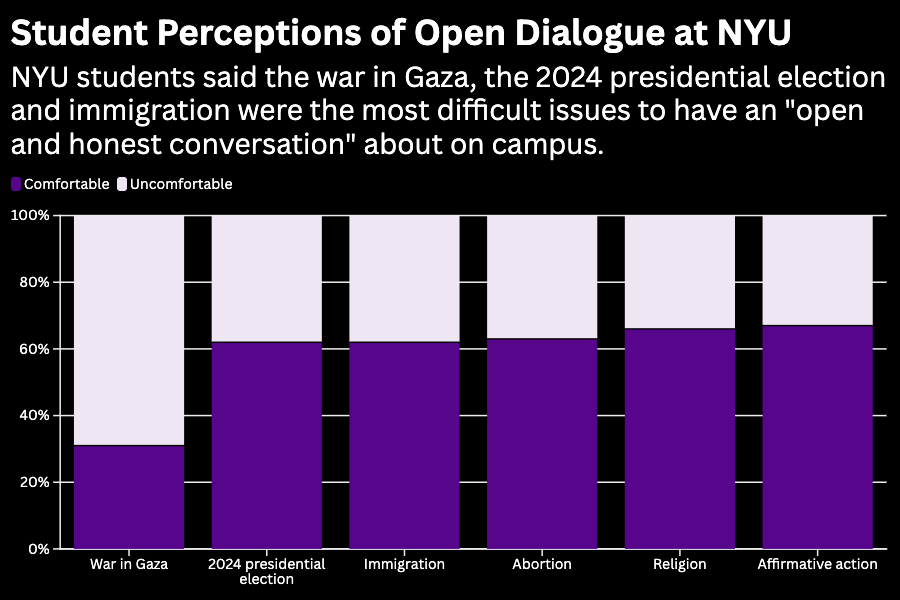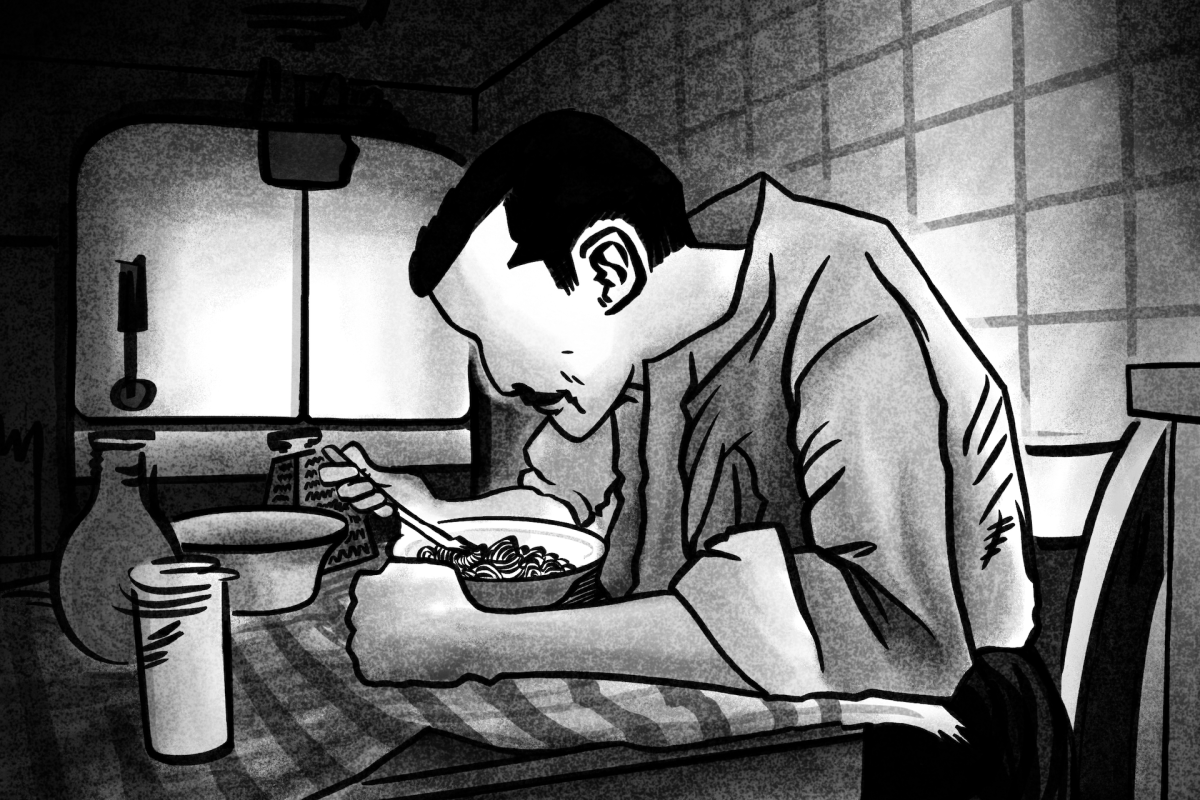A group of researchers, including two psychology professors at NYU, found that political polarization in the United States negatively impacts public health through changes in legislation and the spread of misinformation. The review paper, published over a week before Donald Trump’s reelection, cited the former president’s “skepticism regarding COVID-19 prevention” as an example of how polarization can affect public health.
Kai Ruggeri, a health policy professor at Columbia University and one of the review’s lead authors, said in an interview with WSN that feelings of stress and isolation among “ideologically extreme” individuals increase when citizens make health decisions based on political preference rather than professional medical advice.
“There has to be a real investment and effort in making sure that if there are really important public health notes and guidance that people need to know, public health organizations and agencies can’t really just announce them and hope that people follow them,” Ruggeri said. “They have to understand that we don’t live in a time where just saying something means people will follow it.”
The researchers compiled data and research from more than 100 articles and databases relating to voting habits, as well as vaccination and health regulations. The review’s strongest correlations were from the COVID-19 pandemic — including one analysis that found a 43% higher death rate among Republican voters than Democratic voters, which authors attributed to conservative attitudes against vaccinations. The research connects this to the climate created by the Trump administration publicly criticizing vaccinations, whereas President Joe Biden promoted the COVID-19 protocol.
David Stasavage, a politics professor at NYU, said he supports the research’s call for more collaboration between trusted public figures and health organizations. He said that polarization will not change overnight and that the country will remain politically divided “for some time.”
“It’s an uncertain time,” Ruggeri told WSN one week after Trump’s victory. “With any election, big claims are made. In a time where in order to get any sort of news attention you have to say more extreme things, actually delivering on those things is not as easy.”
Stasavage added that polarization has caused politics to infiltrate realms that previously saw a more diverse range of ideologies, such as local clubs and apolitical interest groups. He said individuals have become increasingly attached to their identity as a Democrat or Republican, rather than the communities or groups they’re a part of.
“We don’t see people who have different views and they don’t see us,” Stasvage said in an interview with WSN. “That naturally leads to a world where we’re further apart.”
Contact Sera Simon at [email protected].























































































































































